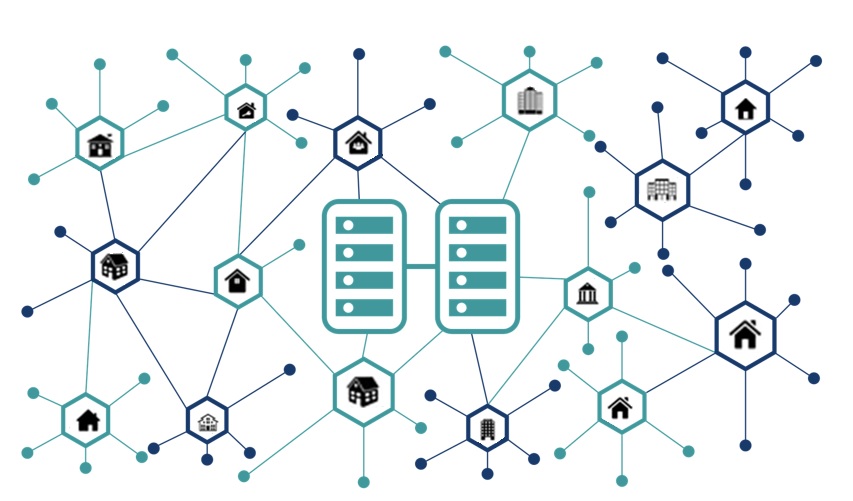The future of real estate tokenisation is on the move

While Metavers may still be a fuzzy concept and of lesser interest in an already highly digitised economy, the tokenisation of real estate is emerging as a relevant and promising model for the future. Far from the traditional property transfer model, technologies could open up a world of frictionless transactions.
FACTS
-
In an interview with Agefi, Florian Freyssenet, co-author of the study "Real Estate 3.0, from paper to crypto stone", outlined the contours of this new market with a bright future. In particular, he predicts that blockchain is transforming asset classes. And real estate is the next sector to be affected by this revolution.
-
The tokenisation of a property is in fact a concept consisting of dividing a property into several tokens, each representing a fraction of the property and therefore a digital alternative to shares. It is based on the idea of securitising the value of a property via a token issued on the Blockchain.
-
This operation allows investors to enter the real estate market by buying shares in property. The investors share the ownership of a property and the fruits of its rental yield. Specialised agencies then take charge of managing the property, the charges, the maintenance work and the rents, and pay the owners of the tokens the remaining profits from their investment.
-
The model is authorised in some countries, including the United States, but the current European regulatory framework does not yet allow tokenisation to become widespread.
CHALLENGES
-
Accelerate liquidity and exchanges on the real estate market: The real estate remains real, its tokens represent shares of ownership of this property on the Blockchain. And this Blockchain thus replaces the land register and token transmission transactions, alternatives to notarial deeds.
-
A more secure model: Unlike shares, real estate tokens are created and registered on a Blockchain in order to ensure their authenticity and thus guarantee the accuracy of the information stored.
-
Democratising the very idea of ownership: The tokenisation of real estate holds the promise of opening up the real estate market to small investors, starting at $50 on the specialised platform Realt for example.
MARKET PERSPECTIVE
-
Beyond the securitisation of real estate, the market for the sale of real estate was already destined to undergo a major upheaval when the Blockchain emerged in its primary role as a technology for trusting, storing and transmitting information. Shared simultaneously with all its users, the Blockchain offers a fast, immutable and certified distribution of information. Among its possible applications is that of an alternative network capable of replacing notaries, for example.
-
Because, in addition to payments, the interest of the Blockchain is above all to represent a digital third party of trust. Its applications in the real estate sector have long been tested.
